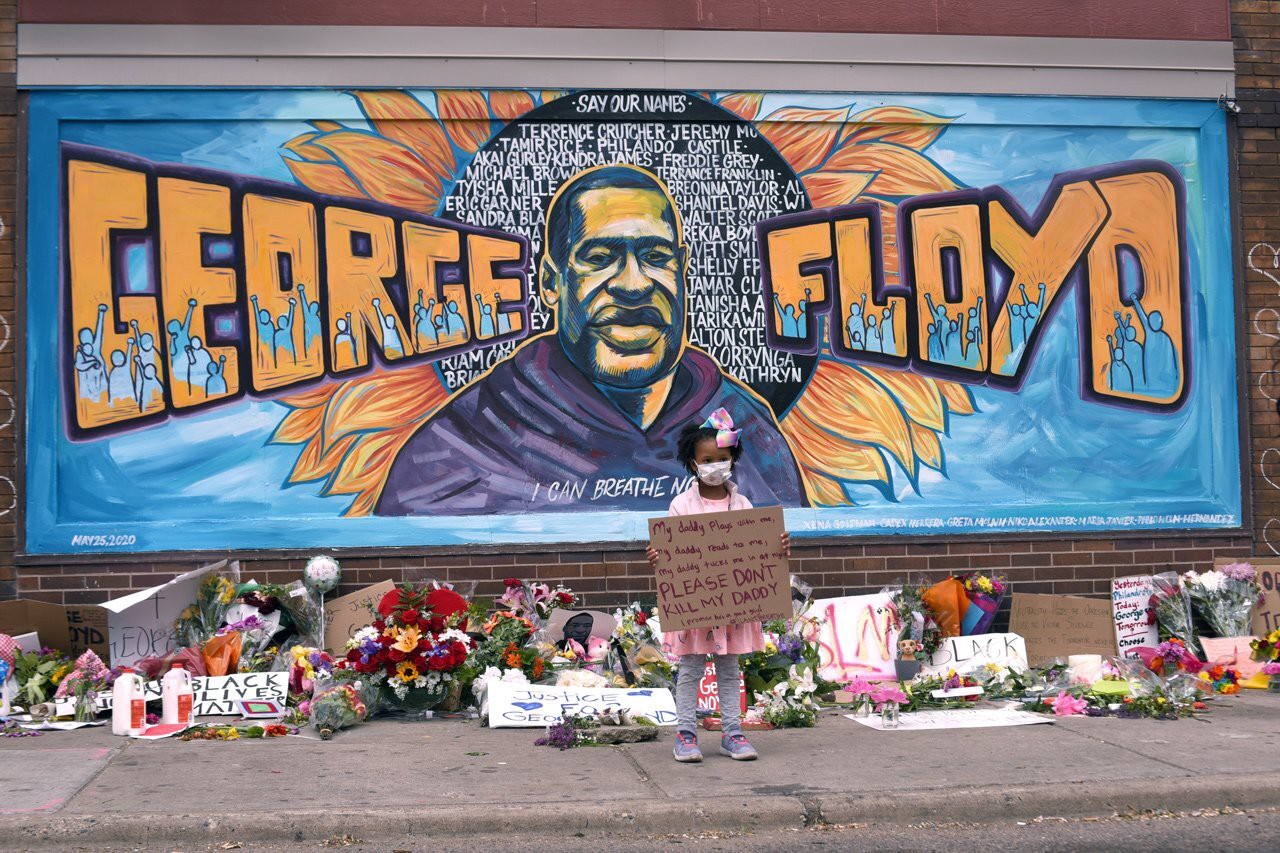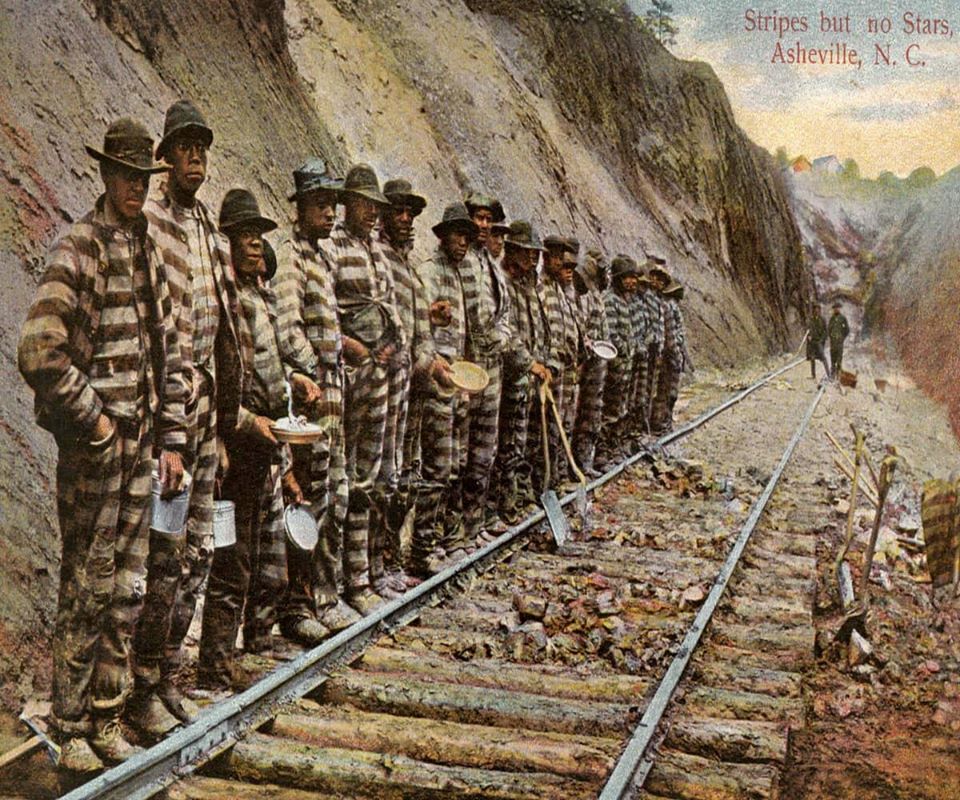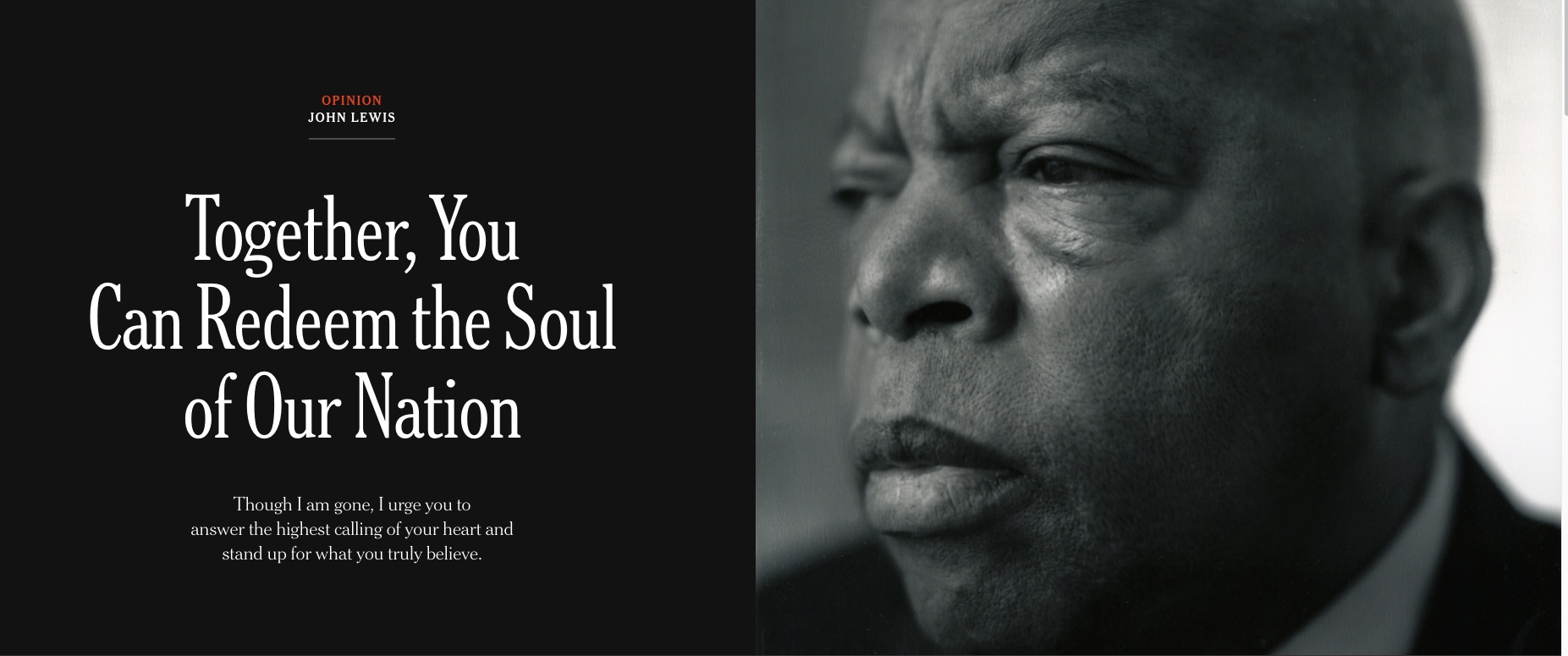Racism
How to Make this Moment the Turning Point for Real Change by Barack Obama
How to Make this Moment the Turning Point for Real Change by Barack Obama June 1, 2020 As millions of people across the country take to the streets and raise their voices in response to the killing of George Floyd and the ongoing problem of unequal justice, many people have Read more…


